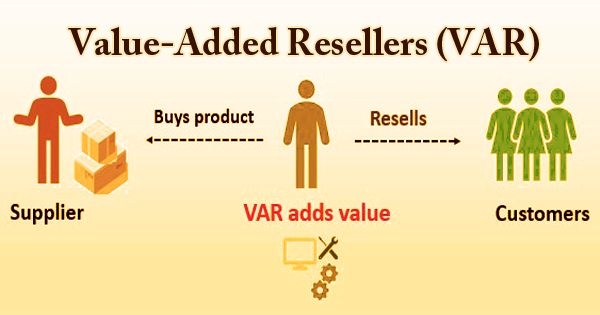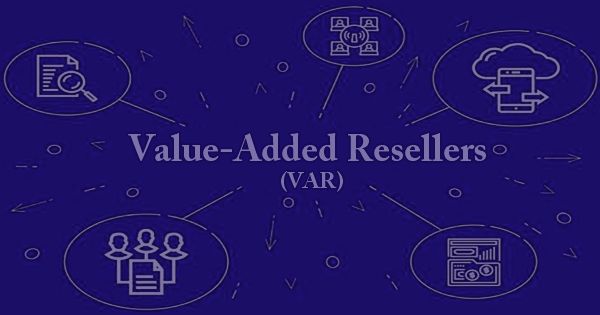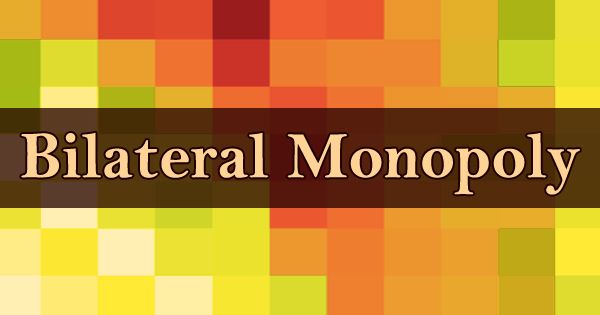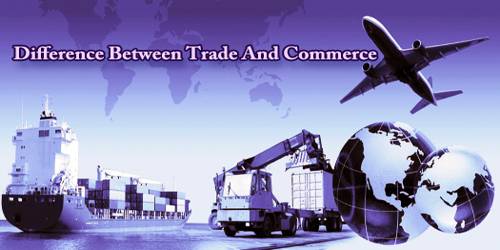A value-added reseller (VAR) is a firm that by adding personalized goods or services for resale to end-users increases the value of third-party products. Companies may also market their supplementary goods and services in addition to the products supplied by producers or manufacturers. Value-added resellers assume an unmistakable function in the information technology (IT) industry, giving extra equipment, establishment administrations, counseling, investigating, or other related items or administrations on top of center items. VARs likewise create remarkable applications that fit item configuration in accordance with client requests at an extra charge. Value-added resellers enjoy proximity to the market in addition to their partnership with other retailers, which establish brand credibility and improves smooth distribution. The partnership between producers and resellers is focused on the creation of value, where the personalized products and services will generate additional revenue from reseller companies.
The added value can emerge out of expert administrations, for example, incorporating, tweaking, counseling, preparing, and usage. The value can likewise be added by building up a particular application for the item intended for the client’s necessities which are then exchanged as another bundle. There are value-added resellers because they represent an important distribution channel for producers, particularly those in the IT industry. For a client, a value-added reseller takes a key hardware or software product or an entire system and customizes a bundle of extra system add-ons. The reseller isn’t the maker of the hardware, yet it is required to have exhaustive information on the item to appropriately modify, introduce, test, and keep up for the client.

(Example of Value-Added Resellers)
Value-added resellers (VARs) which also, in addition to the products sold by other companies, offer their supplementary products and services. An IT corporation would usually give product discounts to them as a means of growing revenue through this channel, realizing the advantage of value-added resellers. A portion of these resellers can be select for one organization, yet most convey a couple or a few brands to offer more decisions to clients. VARs join stage programming into their own product item bundles.
In helping manufacturers expand their businesses across different distribution networks, value-added resellers play an important role. The term is also used in the computer industry, where a company buys computer components and creates a fully operating personal computer system that is typically tailored for a particular mission, for example (such as non-linear video editing). In contrast with organization claimed conveyances, esteem added affiliates have more prominent market information, dispersion organizations, and deals abilities. Subsequently, they ensure more noteworthy adaptability and lower capital speculation by carrying the items and administrations to the market more viably than the makers. If they lacked the time or expertise to assemble the device themselves, clients would buy the system from the reseller. Tandy Corporation was an example of a company using relabeled versions of its machines, marketed goods through VARs.
A value-added reseller can build its potential for rehash business by uprightness of the additional worth they give. The organization among makers and affiliate organizations likewise adds an incentive by expanding the detailed incomes. While some reseller organizations might be selective to one brand, the majority of them manage a few organizations to offer various decisions to clients. As a single point of customer service-centric interaction for customers of certain products and solutions, A VAR may also operate. A VAR is also best placed to recognize the problems of consumers and have the sort of expertise that guarantees customer loyalty.
The center economy of gracefully chain the board gives away the advantages of utilizing value-added resellers, some of which incorporate market inclusion, lower expenses, and client contacts. Extra preferences come from exercises, for example, market division, promoting information, and advertising aptitudes, which upgrade the creation and usage of showcasing procedures. The bulk of the VAR margin comes from value-added goods and services, not from the goods themselves, which are typically marked only by a small quantity. No such thing as a standardized VAR program exists. Each company has a specific business environment and terms, circumstances, and methods.
Resellers are, in this way, painted on an awful light due to the dread of downgrading, instead of increasing the value of items and administrations. Now and again, makers will attempt to lighten this issue by offering a markdown to resellers, which permits a reseller more prominent power over the costs they charge their clients. Another challenge comes from gains enjoyed as intermediaries by value-added resellers. Manufacturers more often view reseller firms as pests rather than distribution outlets. Other drawbacks, including loss of customer ownership and customer touch, embody such a view. A reseller additionally has practically zero power over the quality or highlights of their item, and they should depend on their producer to acclimate to changing client necessities.
Information Sources:
















